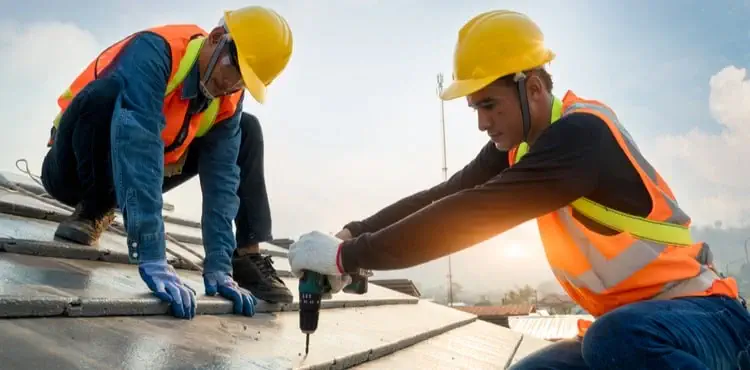Estimated reading time (in minutes)

Construction liability Article 1792 of the Civil Code establishes the liability of professional and private builders for damage that compromises the stability of a construction or renders it unfit for the use for which it is intended, for a period of ten years. This means that even individuals who undertake their construction work themselves are liable for it and subject to the ten-year guarantee, particularly in the event of the sale of the property .
The extent of the manufacturer’s liability: Understand article 1792 of the civil code:-
In a recent judgment, the Court of Cassation recognized the liability of a seller who had personally built a small wooden terrace adjoining his house. The purchaser of the property discovered that the terrace was rotten and subsequently took legal action against the seller, invoking the builder’s ten-year guarantee and claiming compensation for the restoration of the terrace.
According to the Court, it does not matter whether the construction is of artisanal design or non-compliant; it remains qualified as a “work” within the meaning of the law, thus empowering the person who carried out the construction.
Self-Constructed Works: Legal Implications and Ten-Year Warranty: –
This judgment underlines the importance of the ten-year construction guarantee, encompassing not only professional builders but also individuals who undertake their own construction projects. It emphasizes the legal responsibility of builders, whatever their know-how or their professional status, to ensure the solidity and suitability for use of their constructions .
Therefore, those involved in construction activities, even on a small scale, should be aware of their obligations and the potential liability they bear under the ten-year guarantee. Seeking professional advice and adhering to applicable building standards and regulations can help mitigate risk and ensure compliance with legal requirements.
